1.2 - How Vinyl Records Offer Superior Sound Quality
Vinyl is known as a lossless audio format, meaning that, in contrast to digital formats, vinyl does not give you a signal that has been compressed in a way that causes some of the highest and lowest frequencies to be inaudible. Compression is a major aspect of the mixing and mastering process in recorded music, making louder parts of a signal quieter and quieter parts louder.
However, the compression that is inherent in audio formats like MP3 and MP4 cause the audio to sound different from the originally mastered song. For a diehard fan of an artist or musician, hearing your favorite album on vinyl is one of the best possible ways to experience it as the artist intended.
You may be wondering if your ears will be able to discern the difference in sound quality between an MP3 and the lossless audio from a record. Although you initially might not sense a world of difference between the two formats, listening to records can train your ears over time to recognize “lossy” audio when you hear it. After listening to records and experiencing lossless audio, you will likely start to notice a sonic distinction between the lossy audio of digital music and the warm, analog, lossless sound of a record.
